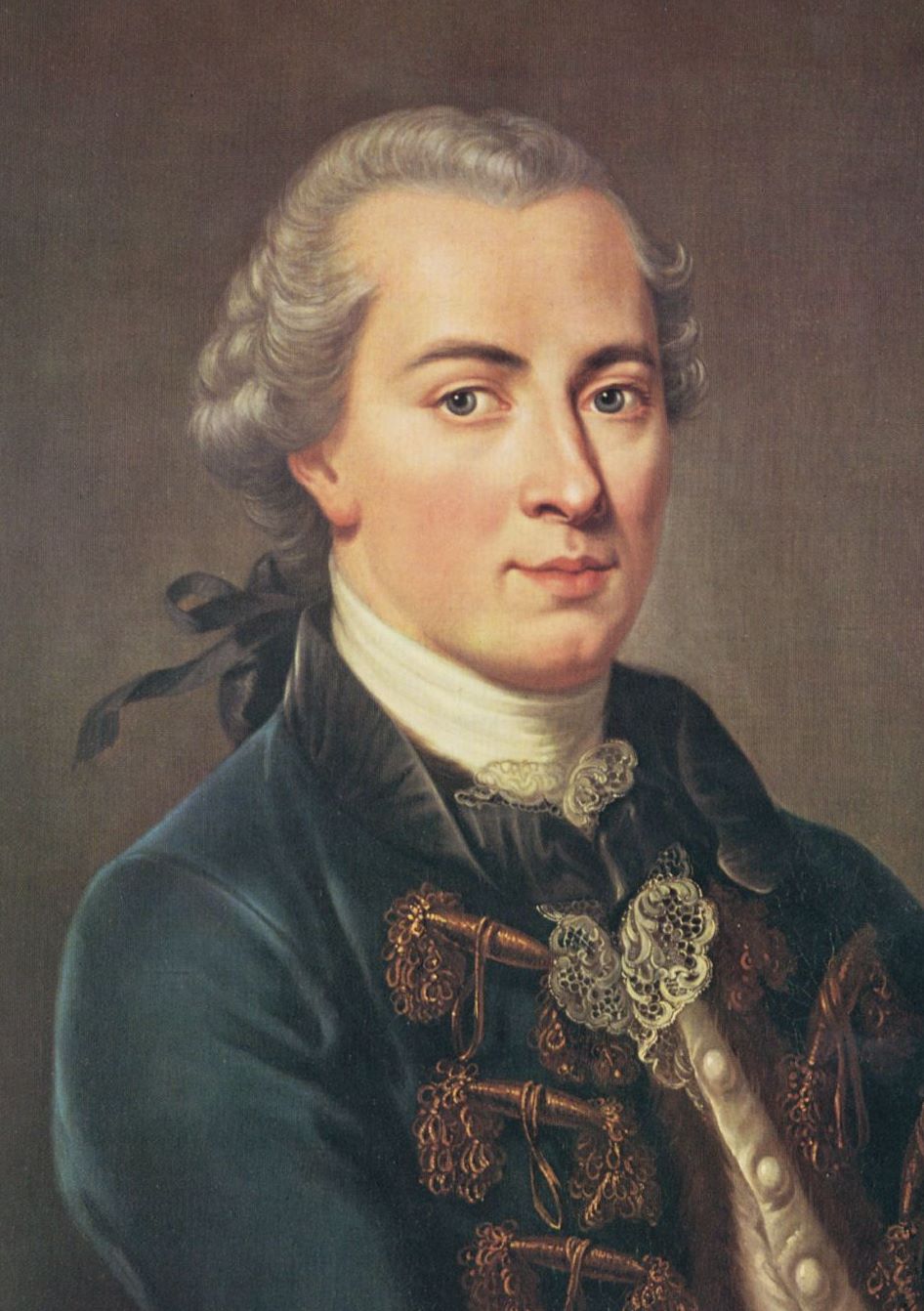Nikolai Berdyaev: “The society purposes are realised neither in the politics not in economy, but in Culture”
VICTOR LOUPAN, Head of the Editorial Board

from culture.
Closely observing the unfolding events in Belarus, one involuntarily asks the question: why are Belarusians not smashing anything, why are they not rampaging? Why don’t they rob shops like in America? Why don’t they burn cars like in France? Why don’t they block traffic? Why do they walk, albeit in crowds, but solely along the sidewalks? And one involuntarily thinks about culture.
We would notice right away, that culture is not an easy concept. There is no unambiguous definition of culture in the encyclopedic dictionary – be it Russian, French or English. Initially, this ancient Latin term was used exclusively in the field of agriculture – as the opposite of “wild nature”. Then the Romans began using it in phrases implying an improvement of something: “language culture” or “behavior culture”. Cicero, a Roman philosopher, called philosophy “soul culture”.
“Culture” as an independent concept was, in fact, introduced separately only at the beginning of the 19th century. It happened in Germany. But in German tradition the term “culture” conceptually opposes and contradicts to the concept of “civilisation”. For example, Immanuel Kant considered development of civilisation as a separation from culture. As for him, civilisation was an “external” or, if you like, a “technical” type of culture. He believed that the gap between culture and civilisation was an important cause of many troubles for humanity. But again, this is a purely German approach to the problem. Neither the French nor the British think that way.
In Russia, the word “culture” came into use in the middle of the 19th century. The academician Vellansky described this concept as follows: “Nature cultivated by the human spirit is Culture. <…> The subject of Culture consists of ideal things, but the subject of Nature includes real concepts”. Similarly to ancient Romans, Vellansky compared Nature, or wild surroundings, with Culture.
And here is what the great philosopher of the 20th century Nikolai Berdyaev wrote about our, let’s say, democratic culture: “In the social life the spiritual primacy belongs to Culture. The society purposes are realised neither in the politics not in economy, but in Culture. And the high quality level of culture measures the value and quality of the society. The democratic revolution that has been taking place in the world for a long time does not pay for the high value and high quality of culture that it brings into the world. Due to democratisation, culture decreases in its quality and value everywhere. It becomes cheaper, more accessible, more widely developed, more fruitful and comfortable, but also flatter, downgraded in its quality, ugly, devoid of style.
Culture transits into civilisation. Democratisation inevitably leads to civilisation. The highest peaks in culture belong to the past, but not to our bourgeois-democratic era, which is most interested in the equalisation process. In our plebeian age, creative and sophisticatedly cultured human beings feel more alone and unrecognised than over all previous centuries.
Culture and civilisation are not the same thing. Culture comes from the cult. Its origins are sacred. It was conceived around church and in its organic period it was associated with religious life. This was the case in great ancient cultures, in Greek culture, in medieval culture, and in culture of Early Renaissance.
Culture has a noble origin. It accepted a hierarchical nature of the cult. Culture has a religious basis. It must be considered as being established also from the positive scientific point of view. Culture is symbolic in its nature. It got its symbolism from cult symbolic. In culture, spiritual life is expressed not realistically, but symbolically. All cultural achievements are symbolic in their nature. It contains only symbolic signs of the last achievements of life, but not the achievements themselves”.
The expression “cultured person” appeared in the Soviet-era lexicon. It does not mean that a person is very well-read or educated, but that a person is cultured in communication, well-mannered and so on. The opposite of a “cultured person” is “cattle”. “Intelligentsia” is also a typically Russian, untranslatable term, which was included into the European lexicon as is: “intelligentsia”. Incidentally, it is not a Russian word. It is a kind of artificial one. Solzhenitsyn translated it into Russian in his own way – “pseudo-educated people”.
The protesting crowd in Minsk behaves (while I am writing) “culturally” and “intelligently”. It apparently does not know that there is developed “culture of opposition”, or “culture of protest”. The Belarusian riot police, which beat people in the early days of the protests, is probably also unaware of the existence of “culture of violence”. With this, many pages of treatises have been written about the “language of violence”.
I was badly impressed by the obedience of the protesters in Minsk. They come on call, leave on call, dress not the way they want, but the way they are instructed. And I involuntarily recall the classic work of Gustave Le Bon, “Psychology of Crowds”, which I had read long ago.
Intellectually, this book is somewhat outdated. Le Bon published it back in 1895. He was a reactionary of his time, but other aspects of his work are constantly quoted and studied. For example, he wrote: “The masses have never thirsted after truth… preferring to deify error, if error seduce them. Whoever can supply them with illusions is easily their master”. Not bad, huh? And here is another quote: “Formulas… relieve the person who employs them of the obligation of thinking… The formulas remain identical, but the selection of words should be appropriate for the time. The words should be euphonic: brotherhood, equality, democracy”. Le Bon did not know that these “euphonious” words would be tirelessly used in the 20th century by communists, fascists, democrats, conservatives and liberals. Each of them, filling the words with own meaning.
Today these words are declared on a signal in the streets and squares of Belarus.




